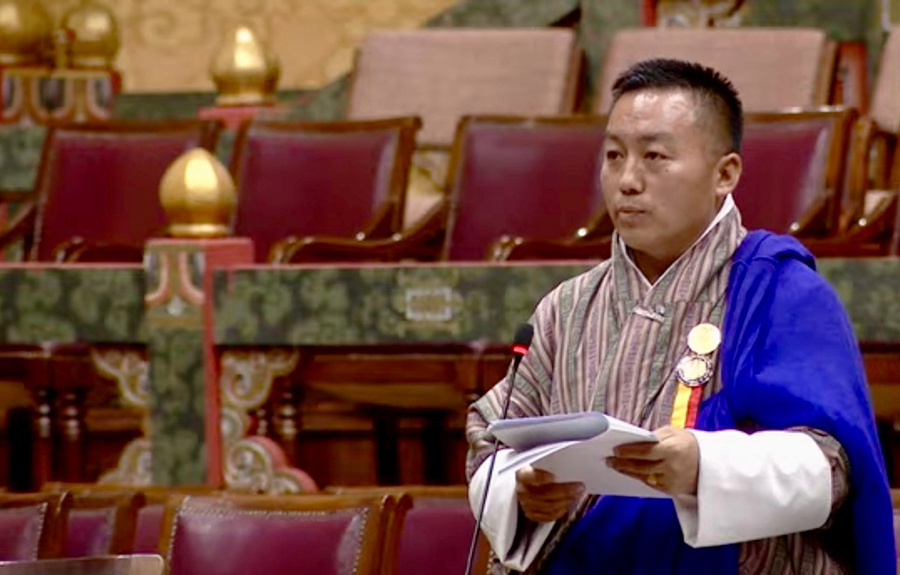 Consumers can expect to feel the pinch at checkout counters as prices of tobacco, alcohol, and carbonated drinks rise following the implementation of the Excise Tax Bill 2025 in January next year. The National Assembly will endorse the bill soon with the aim of curbing the consumption of harmful products and generating revenue for public health initiatives.
Consumers can expect to feel the pinch at checkout counters as prices of tobacco, alcohol, and carbonated drinks rise following the implementation of the Excise Tax Bill 2025 in January next year. The National Assembly will endorse the bill soon with the aim of curbing the consumption of harmful products and generating revenue for public health initiatives.
Unlike customs duty, income tax, and GST, which apply broadly to goods, services, or income, excise tax is a targeted levy on specific goods, usually harmful or non-essential and applies to both domestic and imported products.
However, the government will not impose the excise tax on exports as these products are not consumed in the country.
The Excise Tax Bill of Bhutan 2025 proposes taxing carbonated drinks, tobacco and tobacco products such as e-cigarettes and vaping products, alcoholic beverages, supari and pan masala, and vehicles based on their level of emissions.
“The five categories identified by the bill are broad. There are 170 items included under these five categories, of which 62 items are zero-rated and exempt from the tax. And the remaining 108 items are taxable,” said Tashi Tenzin, Member, Economic and Finance Committee.
The excise tax ranges from 1.5 per cent to 100 per cent on the listed items.
“The main objective of this bill is to address the harmful effects of these goods on our health and environment. It is a way for the country and the government to reduce the consumption of these goods through taxation,” added Tashi Tenzin, Member, Economic and Finance Committee.
Most members of the National Assembly today supported the Economic and Finance Committee’s recommendation to exempt heavy machinery like bulldozers, excavators, and road rollers from the proposed five per cent excise tax.
Meanwhile, the Department of Revenue and Customs or DRC will collect excise tax on imported goods at designated customs points. For goods made in Bhutan, manufacturers must pay the tax as soon as the product is sold, leaves the factory, or is no longer under excise control.
The DRC will monitor compliance and may impose penalties such as fines, interest, or confiscation of goods. In serious or repeated cases, businesses could also face legal action or lose their licenses.
The country’s Excise Tax Bill aligns with global standards and reinforces its commitment to public health and Gross National Happiness.
Kinzang Lhadon
Edited by Phub Gyem









